Samsung needs to go back to the drawing board with the Galaxy Z Fold 7
This article may contain personal views and opinion from the author.

The Galaxy Fold series has been a bold and brave experiment in smartphone design. Samsung deserves all the credit in the world for pioneering the foldable form factor and taking a risk for all others to establish this new category. And it all started with a lot of promise and a big hope that foldable phones might soon replace traditional phones.
But five years since the experiment started, one thing is clear: folding phones have not lived up to the expectations.
Tech research firm Canalys estimates that foldable phones make up for just around 1% of total smartphone shipments in 2023. Samsung accounted sells roughly 15 million folding phones per year, which is roughly around 80% of all foldable phone sales.
There are good reasons for that: the price has not fallen much, quite the opposite, it has gone up with the Fold 6. Worst of all, Western markets have sealed themselves off of the competition, making it oh-so-comfortable for Samsung to drag its feet with innovation. And this was the landscape before the big Galaxy Z Fold 6 launch. Now, the latest and greatest Fold is here, so what has changed?
Galaxy Z Fold 6: the most refined Galaxy Fold design... for a form factor that should have never existed
If you've ever used a Galaxy Fold device, you will realize one thing the moment you touch the new Z Fold 6: this is what it should have been from the start.
Samsung has tweaked the design in all the right places, so the Fold 6 finally looks and feels... complete. The flat sides, the matte finish, the solid hinge, it's refinement in the best possible way.
But despite all of this excellency, it's still unmistakably a Galaxy Fold phone.
Issue #1
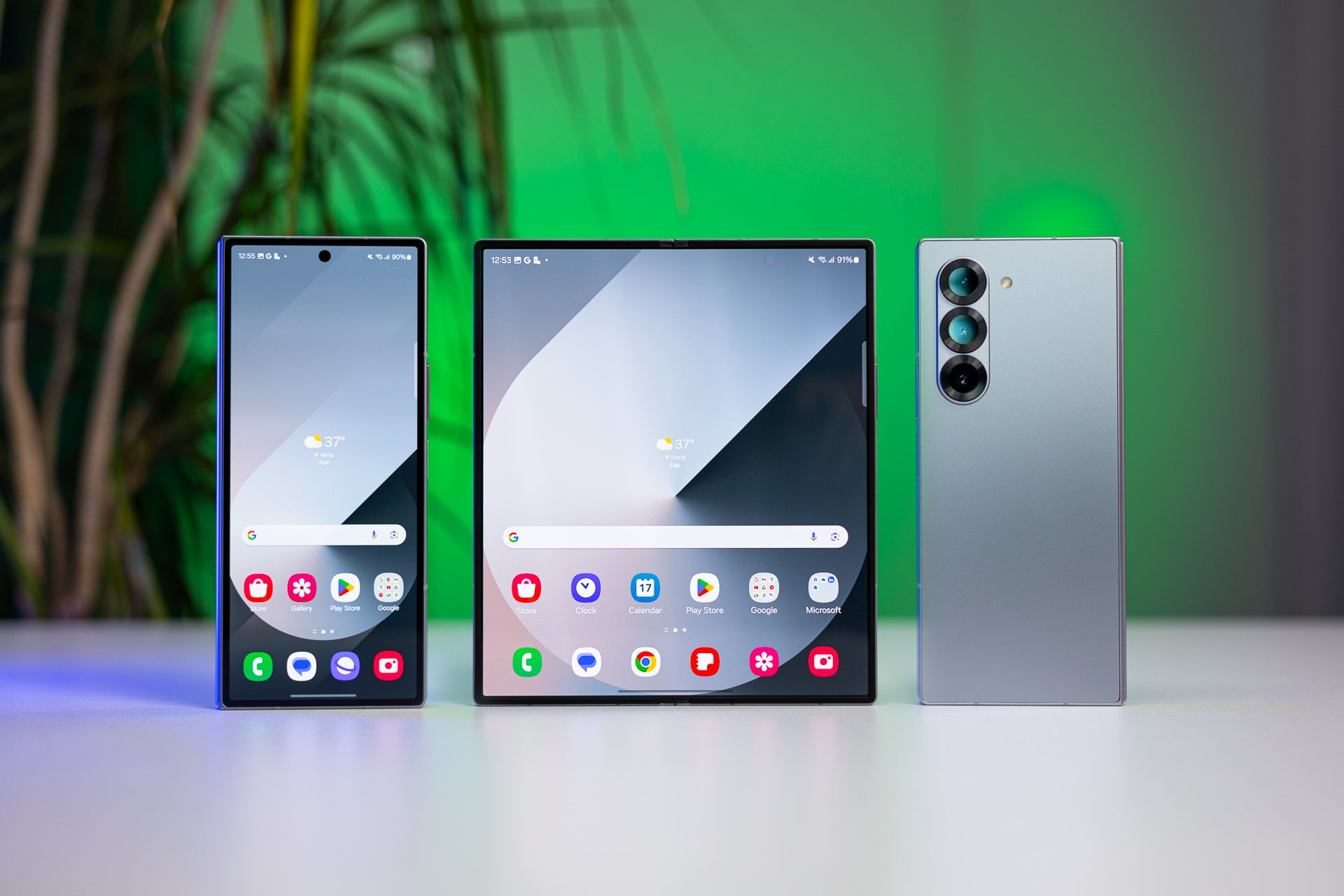
Uhm, how are we supposed to type on this tiny cover screen?
The most glaring issue with the Fold design remains: the cover screen is way too tiny (and particularly narrow) for comfortable use, while getting to the main screen still requires two hands.
This design basically guarantees that most simpler tasks will be done without unfolding the phone. Some stats peg the percentage of cover screen use at 70%, while the larger main screen was only used for 30% of the time.
Samsung has obviously heard those concerns, as the cover screen on the Fold 6 has grown a tiny bit wider, but that is merely lip service to the cause and not nearly enough.
Unless you have baby fingers, typing on the minuscule keyboard on the cover screen might be less frustrating, but it is still frustrating. Browsing the web is also not ideal with the narrow form factor.
Issue #2
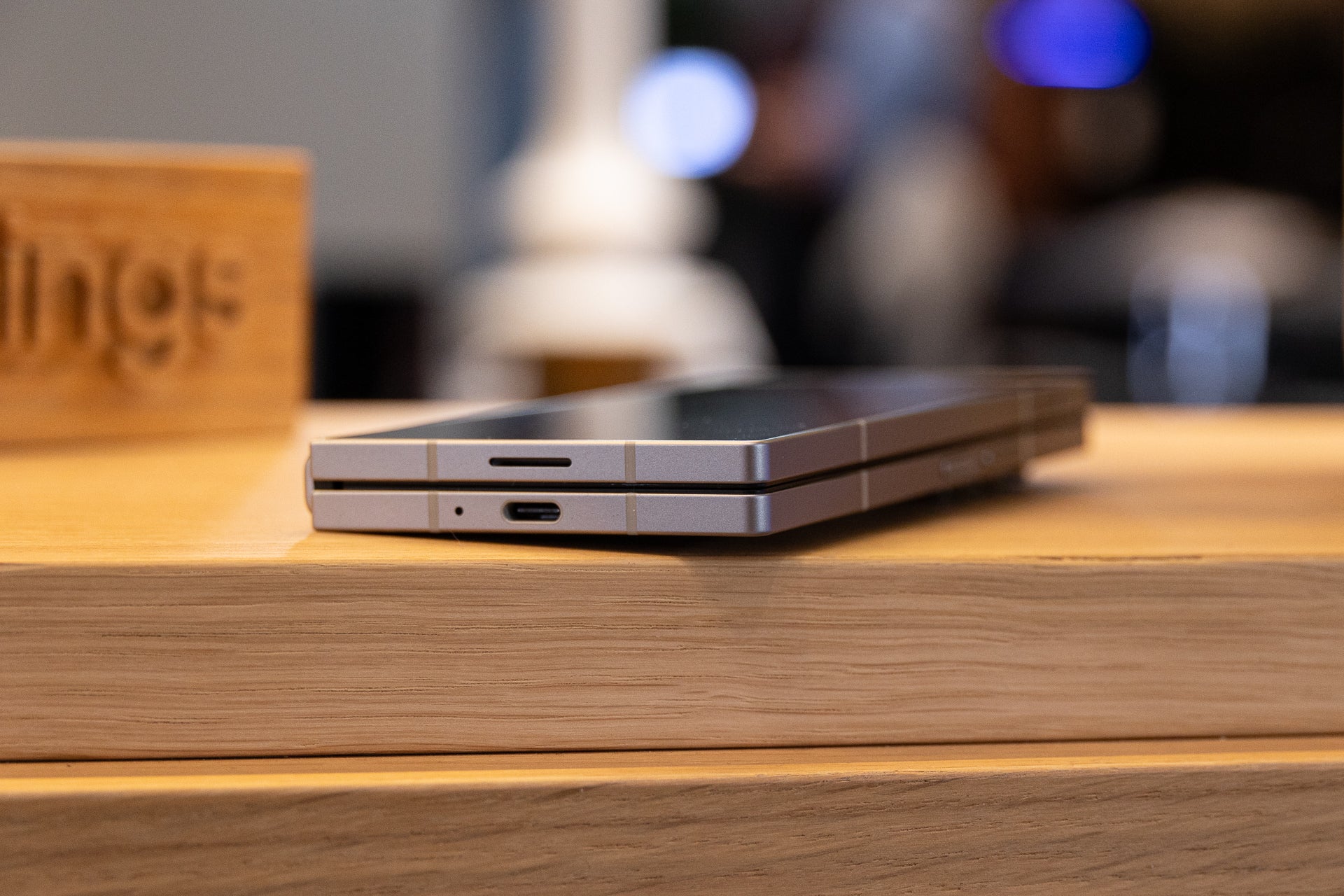
Thin, but only if you lived in a Samsung Galaxy vacuum
Another big issue remains the Fold's thickness. When unfolded, it's undeniably impressive, with that big tablet-like screen.
But when closed, it's a chunky gadget that bulges awkwardly in your pocket. We weren't too stressed about this five years ago, but it is downright disappointing to see the same issue still persist today. In comparison, rivals like the Xiaomi Mix Fold 4 and the Honor Magic V3 are now available with thickness way below the 10mm mark. The Galaxy Z Fold 6 is nearly 30% thicker!
You would think this would have at least the benefit of a bigger battery, but no. The Galaxy Z Fold 6 still has a 4,400mAh battery size, while both alternatives from Xiaomi and Honor have a battery size of 5,100mAh or more.
Knowing that sleekness and portability are so important for a foldable phone, the Fold's dimensions are a significant drawback and Samsung needs to catch up.
Issue #3
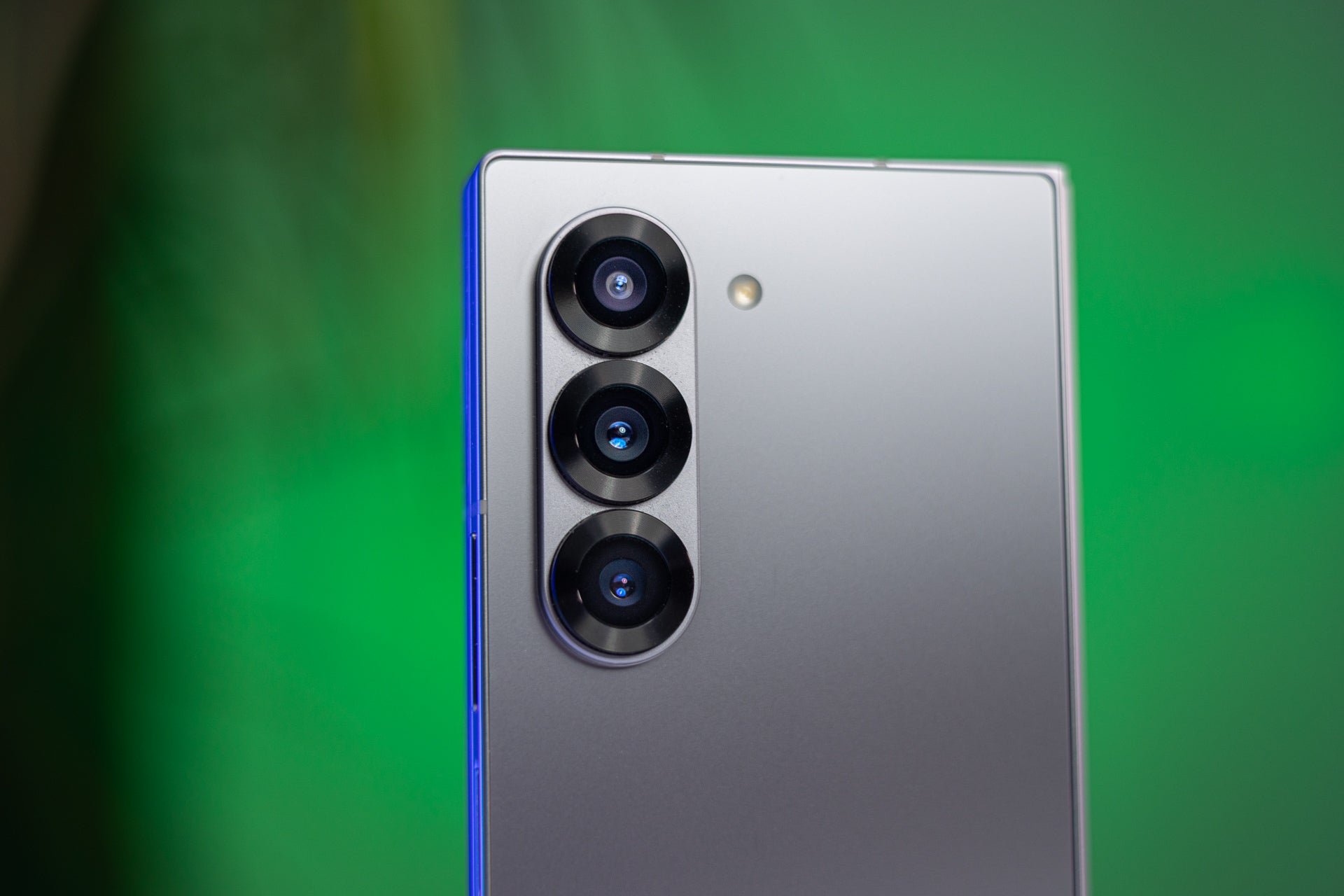
Same old cameras
The Fold's camera system is another area where Samsung needs to step up its game.
I firmly believe that photography is one of the main use cases for a folding phone – the big screen just elevates your pictures.
The Fold 6 is an incredibly average camera. The hardware is not the only problem, but we can probably all admit that we would love to see a longer zoom range.
The software, however, has lots of room for improvement.
We keep on talking about Samsung's vivid colors, and the company is constantly tweaking them, but there is a much better solution: separate profile photos for a saturated and natural look. This is something that rivals from Xiaomi and Vivo have long understood.
These photos were snapped on a phone, just not a Galaxy
One of the foldable phones I have used in the past few weeks is the Vivo X Fold 3 Pro.
I was completely blown away by the attention to detail when it comes to the camera on this phone: gorgeous filters, fine editing controls, beautiful bokeh, film simulations, the list goes on and on. The camera on that phone is so good, I am now carrying it as my second device JUST because of that.
The software experience on Galaxy phones? None of these features are available and we keep on arguing about the saturated colors on Samsung pictures every year, on and on. It's getting absurd.
Conclusion
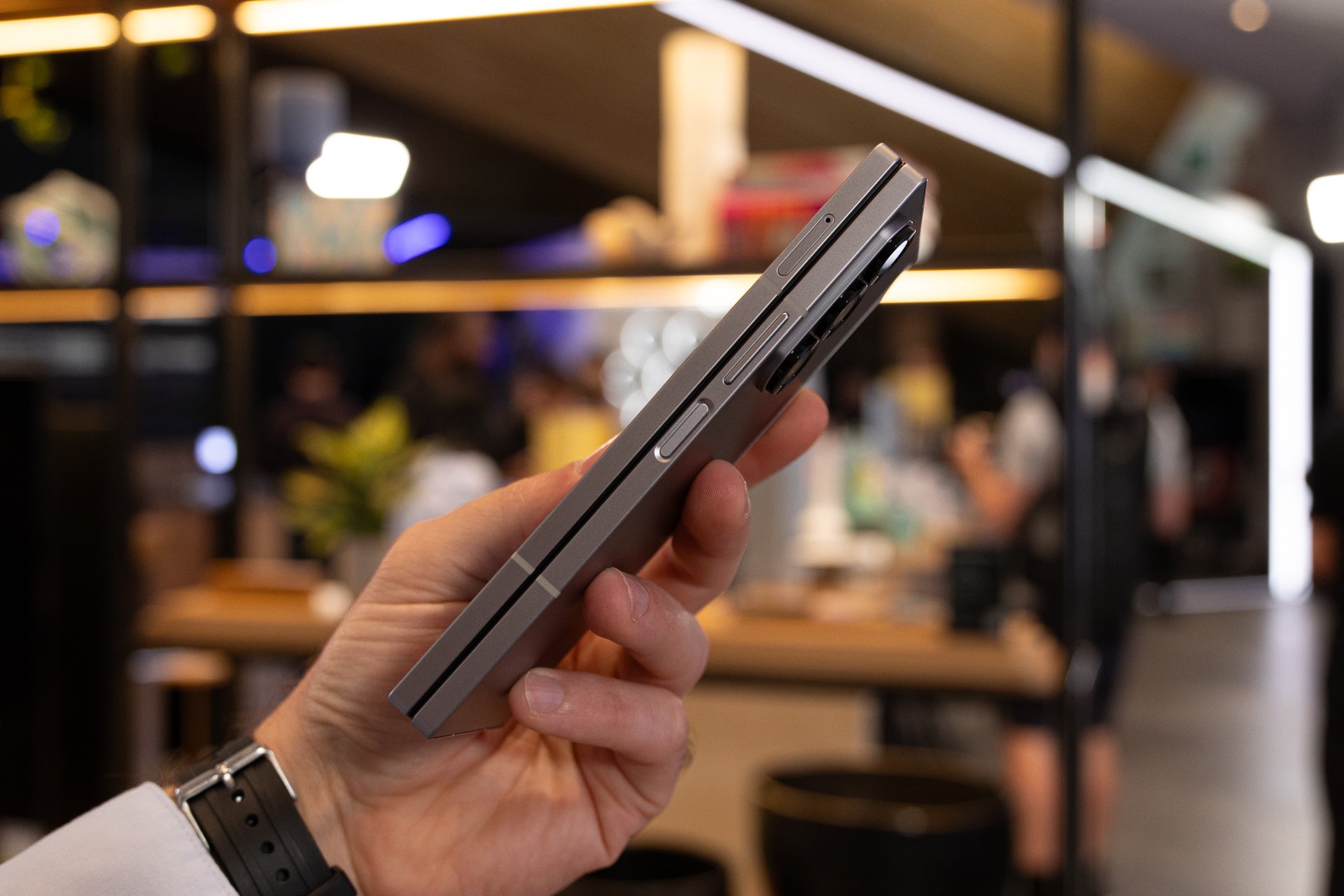
Samsung might need to go back to the drawing board
At the end of the day, the fundamental issue with the Galaxy Z Fold 6 might be very simple: the form factor itself.
Samsung has achieved impressive engineering feats, including probably the best and most durable hinge on the market. Some software features are surprisingly fun, like the new Sketch to Image one.
But that is where the list kind of ends. No other company makes folding phones in the same the awkward TV remote-like form factor. It's not comfortable to carry in a pocket and the cover screen is just not big enough.
Samsung might deny this and stubbornly stick with its existing form factor, but even the most stubborn of companies cannot fight against the cold reality of sales figures.
The Galaxy Z Fold 6 might be the prettiest in the lineup so far, but I don't think it can move the needle and win over regular consumers.
What I don't doubt is this: Samsung has the resources and talent to create a truly groundbreaking foldable phone. However, it's time to go back to the drawing board and rethink the entire concept.

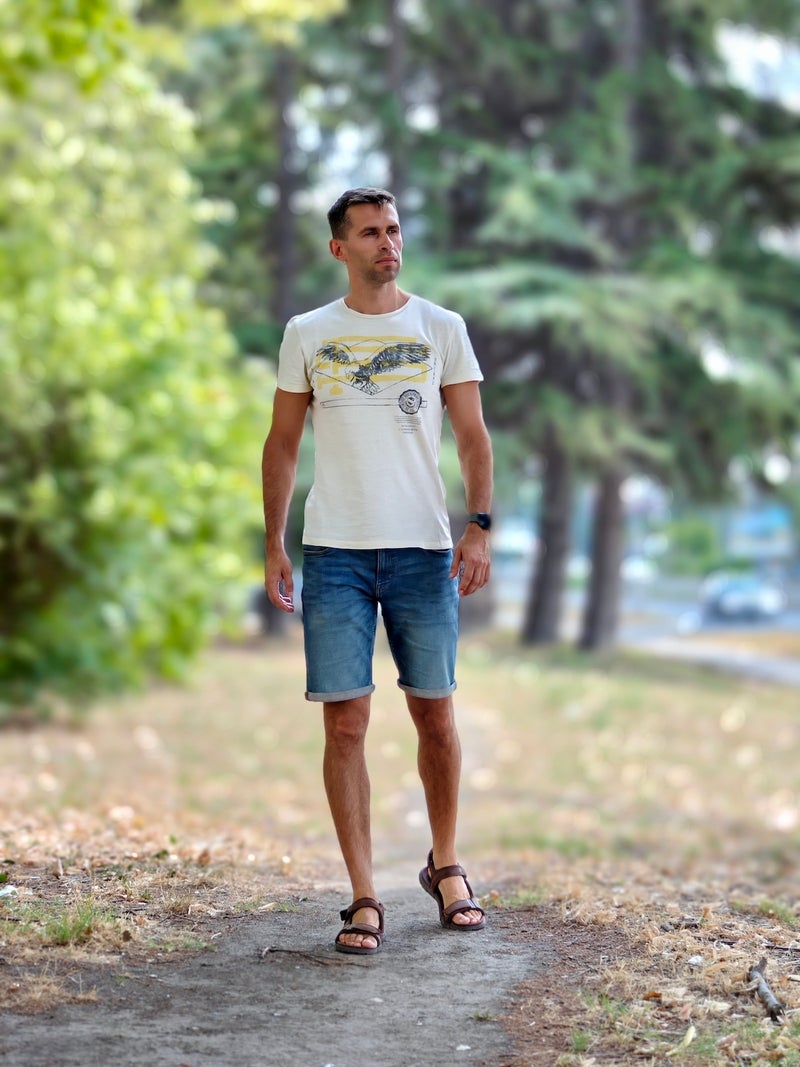


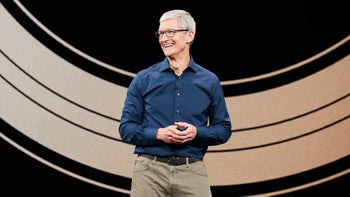
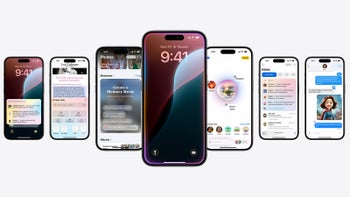
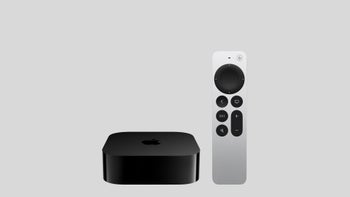
![iPhone users on AT&T left without service after massive outage [UPDATED]](https://m-cdn.phonearena.com/images/article/161893-wide-two_350/iPhone-users-on-AT-T-left-without-service-after-massive-outage-UPDATED.jpg)
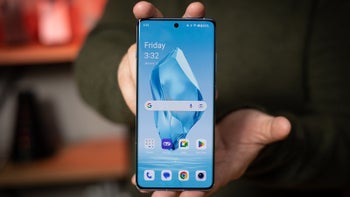
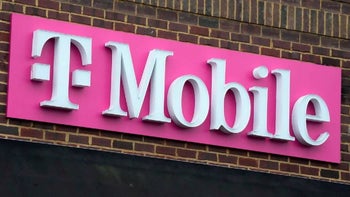
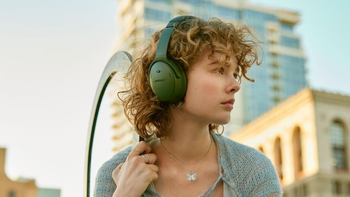


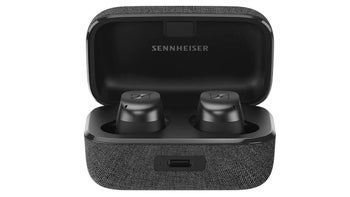
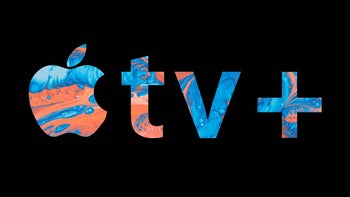
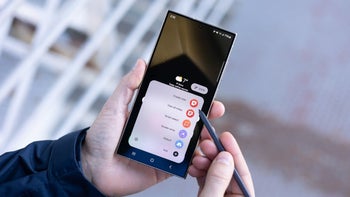
Things that are NOT allowed: